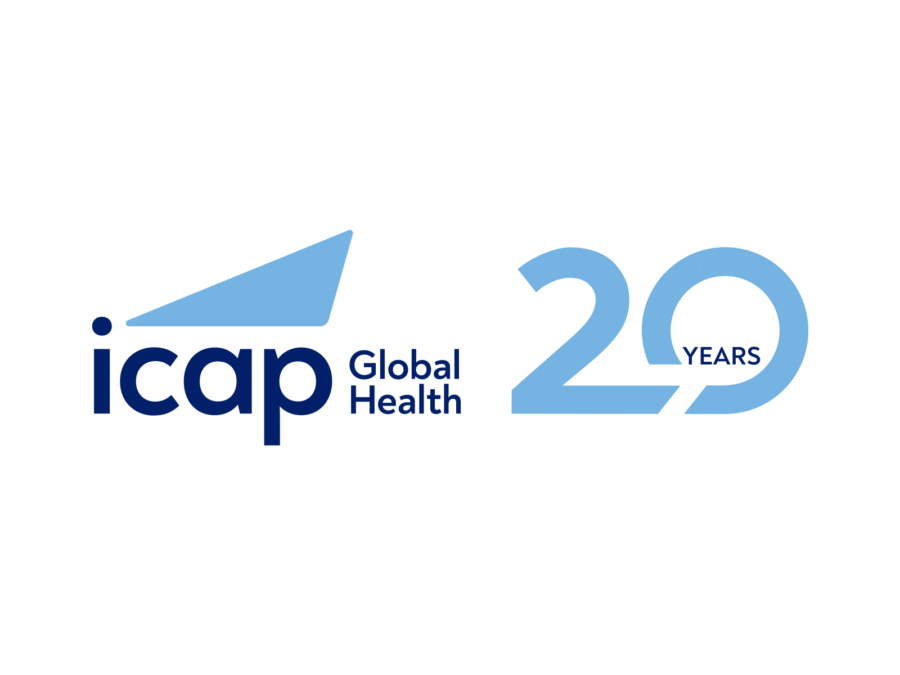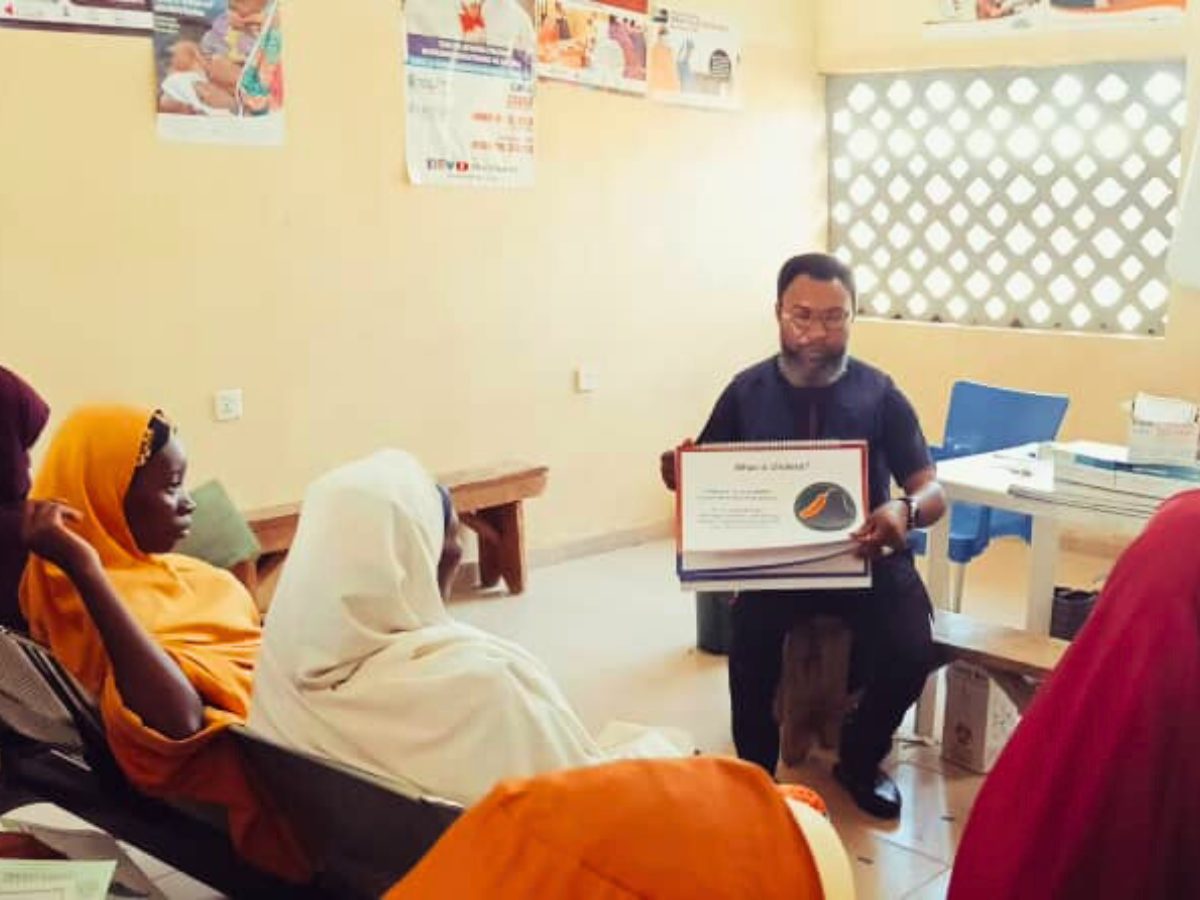This World TB Day, ICAP and its partners around the world are rallying behind the global campaign to “Unite to End TB.” The World Health Organization has called for a special focus on uniting efforts to leave no one behind, a theme exemplified by ICAP’s work to make TB and HIV services accessible to Lesotho’s hard-to-reach migrant miners.
Over 50 percent of the foreign labor in South Africa’s mining industry is provided by Lesotho, with nearly 56,000 Basotho workers recruited over a recent ten-year period. Due to their working and living conditions, TB incidence in South African miners is several times higher than that in the general population. Furthermore, the circular migration pattern of miners—with frequent travel between South Africa and Lesotho—increases the likelihood that miners’ spouses and other family members will be infected with both TB and HIV.
ICAP first began spearheading efforts to reach this high-risk, hard-to-reach population in 2013. By forging a public-private partnership between Lesotho’s Ministry of Health and The Employment Bureau of Africa (TEBA), the primary agency recruiting migrant miners from Lesotho, miners could for the first time access both TB and HIV services at the TEBAoffices they already visited to collect their deferred pay. Concurrently, ICAP was conducting the Start TB Patients on ART and Retain on Treatment (START) study in Lesotho, which demonstrated the urgent need for effective strategies to diagnose people living with HIVearlier, start them promptly on antiretroviral therapy (ART), and provide concurrent isoniazid preventive therapy (IPT) to prevent TB.
With its new PROMISE study, ICAP continues to build the evidence base needed to stem the tide of TB/HIV co-infection among Lesotho’s migrant miners. The study will assess a miner-friendly, family-focused approach to addressing the complex barriers faced by miners and their families to early diagnosis, prompt HIV treatment, and concurrent IPT. By testing a package of evidence-based interventions that address structural, clinical, and individual-level barriers against Lesotho’s current standard of care, the study aims to advance the science and practice of delivering integrated TB/HIV services to this often left behind population.
“Focusing on this vulnerable, hard-to-reach population in a geographic region with one of the highest TB and HIV disease burdens in the world represents a high-impact opportunity for helping to end the TB and HIV epidemics in Lesotho,” explains Dr. Andrea Howard, director of ICAP’s Clinical and Training Unit and principal investigator of the PROMISEstudy. “On World TB Day, we reaffirm our commitment to working together with our partners in Lesotho and beyond to make sure no one is left behind.”







